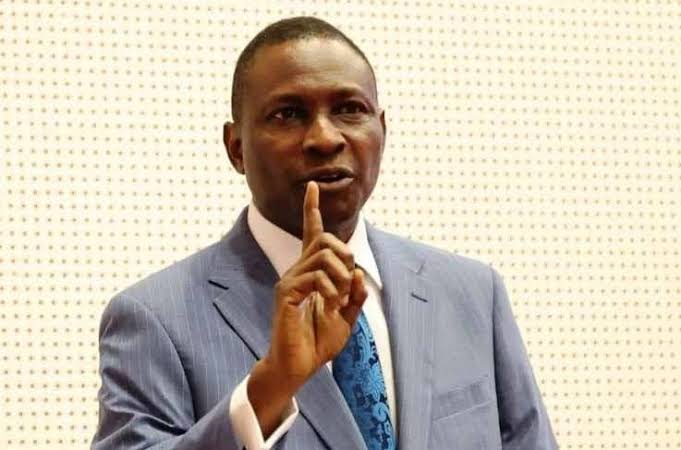The Zambian government has announced the successful repatriation of a one-year-eight-month-old child who was trafficked to Mozambique.
Making the announcement at a media briefing held at the Ministry’s head office in Lusaka on Friday, the Permanent Secretary in the Ministry of Community Development and Social Services, Angela Kawandami, expressed relief and joy at the child’s return, following the abduction from Lundazi District in October 2023.
Kawandami revealed that the case was reported to Lundazi Police Station on October 28, 2023, and following intense investigation, the child was trailed to a house in a care facility in Tete, Mozambique, before being repatriated.
Kawandami emphasized government’s commitment to protecting children’s rights, citing the Children’s Code Act of 2022 and the Anti-Human Trafficking Act of 2008 as essential tools in combating child trafficking.
“These laws mandate the state and relevant actors to ensure the safety, security, and well-being of children, especially those at risk of trafficking,” she said.
She further highlighted the role of Zambia’s National Referral Mechanism in ensuring a coordinated, multi-sectoral response to trafficking cases.
“Through effective collaboration between the Ministries of Community Development and Social Services, Home Affairs and Internal Security, the Zambia Police Service’s Anti-Human Trafficking Department, and Interpol, the child was returned safely after a year of continuous efforts,” she narrated.
She urged the public to remain vigilance and report suspected trafficking cases, noting the increasing threat of human trafficking.
Also speaking at the press briefing, the Director for Anti-Human Trafficking in the Ministry of Home Affairs Boris Mulengu, praised the strong cooperation between Zambia and Mozambique, stressing the importance of intergovernmental collaboration in combating trafficking.
Meanwhile, the child’s mother expressed heartfelt gratitude for her child’s safe return, acknowledging the emotional toll the abduction had caused.
She thanked the government and all involved agencies for their unwavering dedication to reuniting her with her child.

 Politics2 days ago
Politics2 days ago
 VenturesNow2 days ago
VenturesNow2 days ago
 Metro2 days ago
Metro2 days ago
 Musings From Abroad2 days ago
Musings From Abroad2 days ago






















